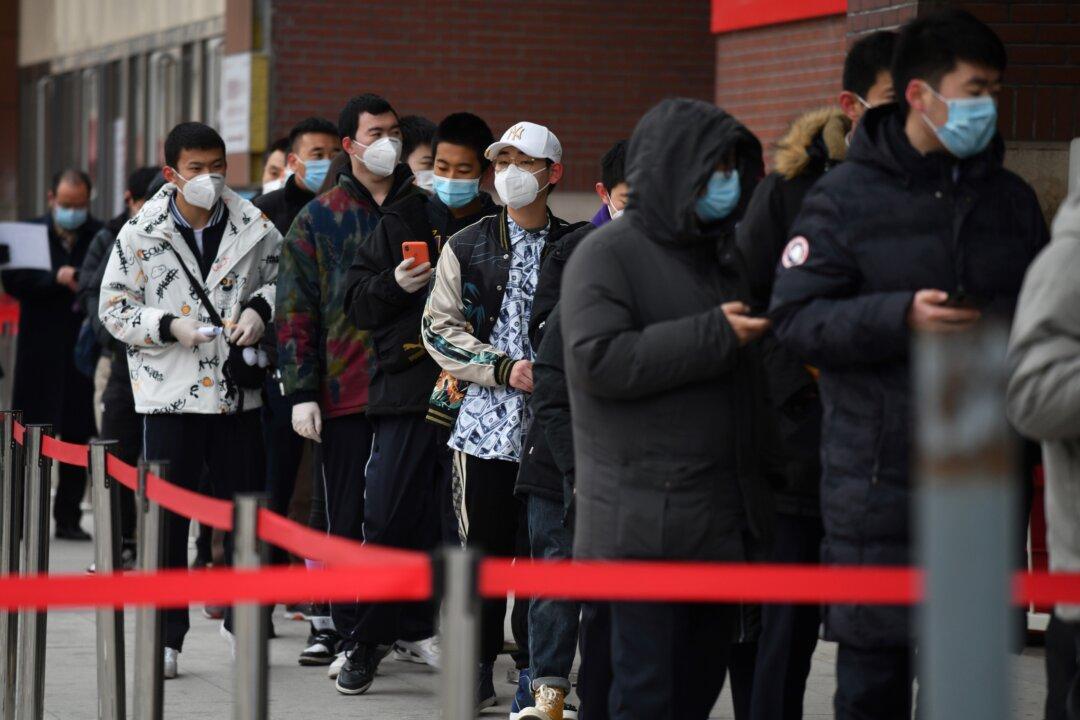Numerous Chinese cities are battling a resurgence of the COVID-19 pandemic since December last year, with northeastern China being hit particularly hard. Various cities in Heilongjiang, a province that borders Russia, Suihua, Qiqihar and Harbin, have been shut down to contain the CCP (Chinese Communist Party) virus.
Draconian Lockdown Measures
Wangkui county of Suihua city in Heilongjiang is one of the six areas designated as “high-risk” in the country for pandemic control. At the initial stage of the latest CCP virus outbreak, each household was allowed to send out one person to do the shopping every three days. But starting from Jan. 20, stricter measures were imposed, and everyone is required to stay at home for seven consecutive days.The draconian lockdown measures are taking a toll on residents.





